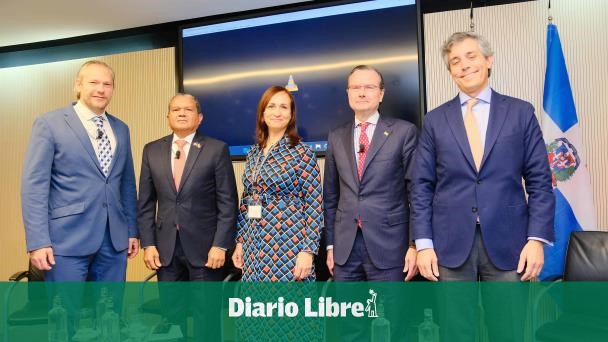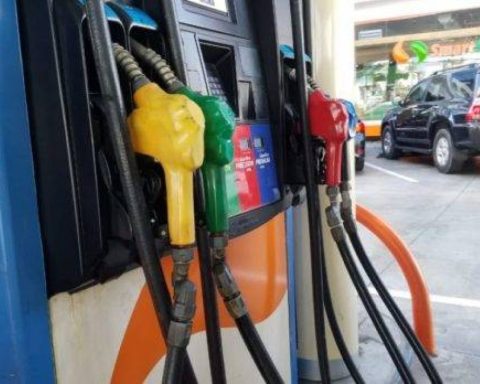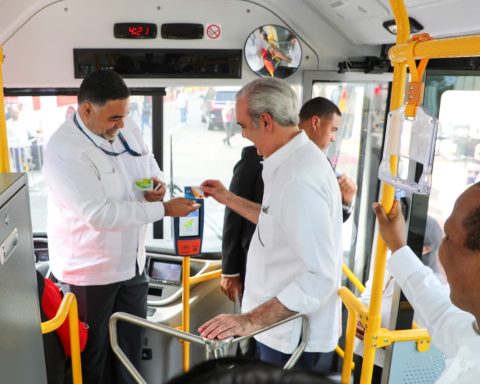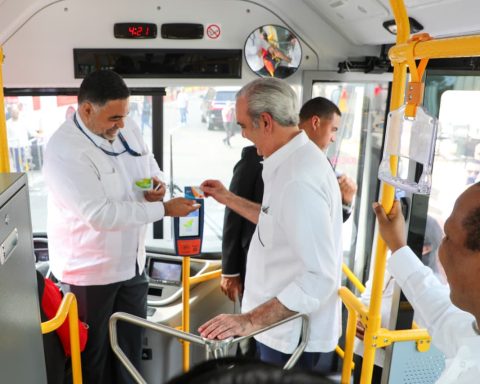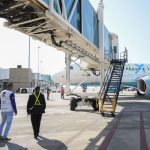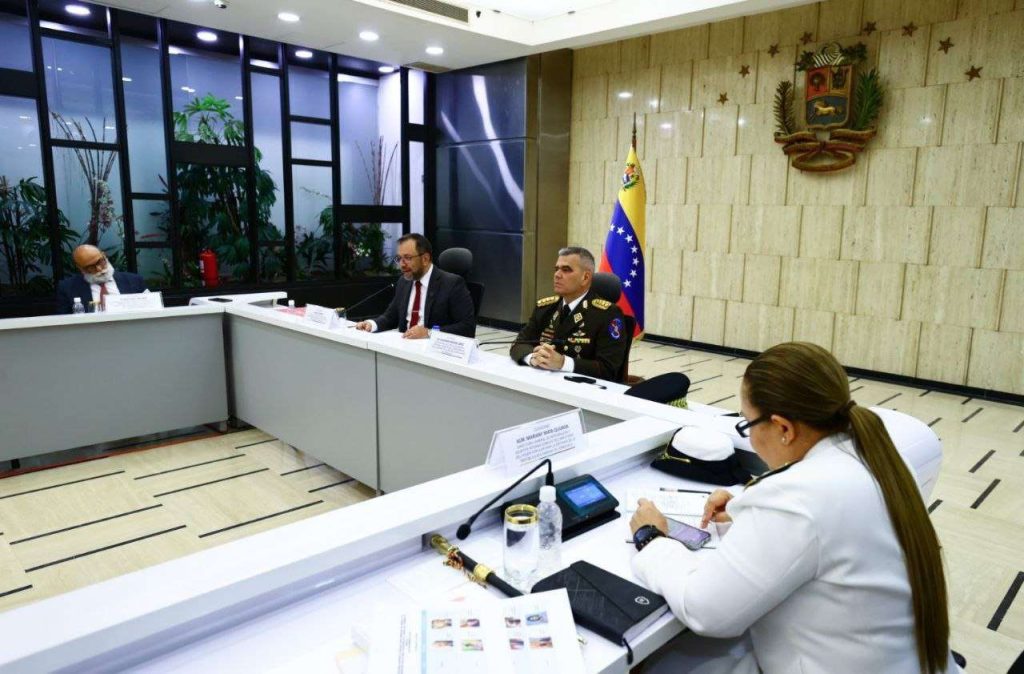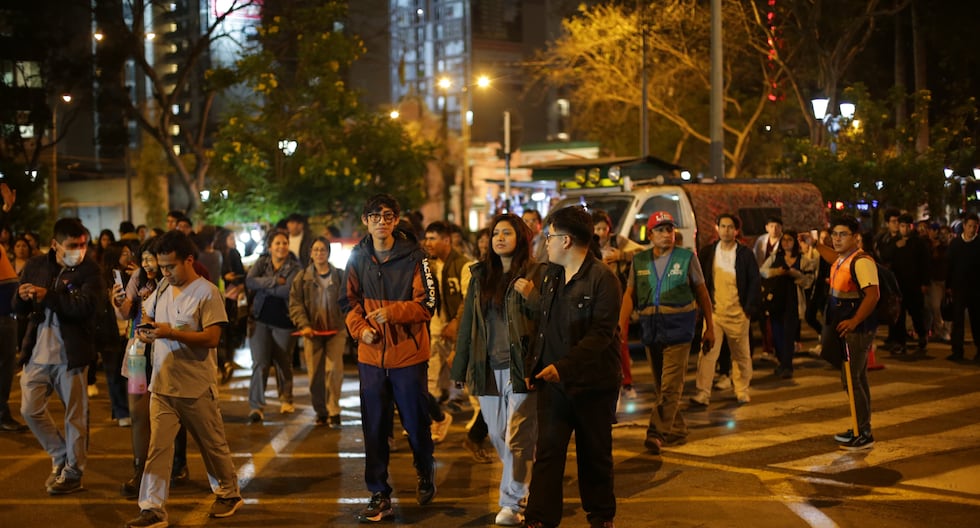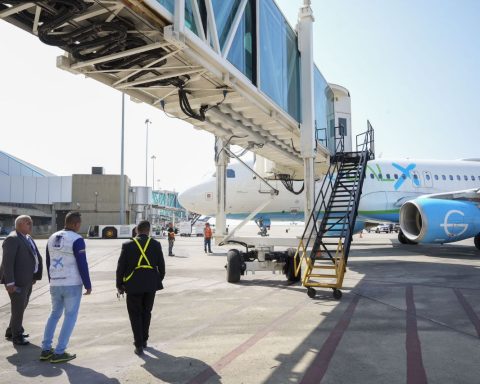Spain is the second largest investor foreigner in the Dominican Republic due, in large part, to the regime of free zones: More than 60 large Spanish companies operate in the country and, in recent years, have increased their investments by 45% in the free zones.
This was stated by the Minister of Industry, Trade and Mipymes (MICM), Víctor Bisonó, during the panel “Free Zones of Dominican Republicgateway to the United States”, held within the framework of the Dominican Week in Spain (Headquarters), in Madrid, which seeks to present the country as investment destination and strategic partner of Spain in the Americas.
During the panel, it was highlighted that the Dominican Republic has a location strategic as a gateway to market American, a stable political, legal and economic environment and a series of tax exemptions that have allowed the country to become the economic epicenter of the Caribbean.
This has allowed the country to have more free zones that all the European Union –a total of 91–, located in 28 of the country’s 32 provinces, in which 847 companies from 50 countries operate.
“Spain is the second largest investor of the Dominican Republicand part of this is due to the regime of free zonesone of the catalysts of this transformation,” stressed Bisonó, who stated that promotion, innovation and the semiconductor industry is a national priority.
For this reason, and within the bilateral meetings organized by the Dominican Week, an agreement was signed with the School of Industrial Organization (EOI) for the training of Dominican students.
Daniel Liranzo, executive director of the National Council of Free Zones; Johannes Kelner, Deputy Minister of Free Zones; Francisco Lage, president of Sym Naval; and Alejandro Arola, president of the Arola Group.
Moderated by Fátima Rodríguez, director of central territorial international business at Banco Sabadell, the virtues and benefits of free zones Dominicans, a little-known topic in Spain and that represents an important chance business for international companies seeking to access the United States and Latin American markets.
How to start a free zone in the country
Among the keys to settling in free zones of Dominican RepublicLiranzo highlighted the agreement of free trade with the US, which allows access to market North American without tariffs, and that is the reason that attracts 80% of the companies installed in free zones; as well as the ease of bureaucratic procedures.
“A company that meets the requirements It doesn’t take more than 45 days in obtaining permits to operate in the free zone,” he highlighted.
Likewise, he emphasized the legal certainty of the country. He stated that the first company that operates in free zones for more than 50 years “continues to operate today”, thanks to a Government that supports the company private.
Growth of the medical industry and textile
The vice minister of Free ZonesJohannes Kelner, spoke at the event and explained that the companies installed in free zones They pay no income taxes and pay no tariffs to trade with the United States.
He recalled that, although rum and tobacco are two of the main export sectors, medical and pharmaceutical products and the sector are also key segments. textilewhich generate 36,000 jobs in Dominican Republic.
“Investing in the country is easyfast and offers great opportunities to penetrate large markets like the North American one,” he concluded, pointing out that “there is no minimum investment or exportwhich makes our free zones an excellent chance for the SMEs“
Spain should take more advantage of the advantages
As a logistics expert, Alejandro Arola -president of Grupo Arola-, once again highlighted that “the main attraction of Dominican Republic is your location strategy and its regime free zones to avoid tariffs, which is a highly valuable instrument that allows channeling exports“.
He also highlighted the high quality of the industrial infrastructure of the country and the ability to generate business, concluding that since Spain existing agreements should be “taken advantage of to make business in America.”
Closing the debate, Francisco Lage, an expert in the shipbuilding business, spoke about how little is known in Europe about the industrial dimension of Dominican Republic“which goes far beyond tobacco, rum and tourism.”
He said that in the country, he has discovered “a privileged environmentan interest in industrializing the country, unlike Europe”, and a place where more attention is paid to the product than to the amount of investment”, highlighting that Dominican Republic offers a great platform for export.
He also highlighted the stability of technical team in free zones and the professionalization of the teams, “and customs that work better than the Spanish ones.”
He concluded that all this is due to the “philosophy of a young team in politics that is committed to development of the SMEs”and which is also a country where “we Spaniards feel at home, supported by a safe environment and exquisite service.”
For his part, José Manuel Candela, deputy general director of Banco Sabadell, highlighted the bank’s agreement with the free zones of the Dominican Republic, whose objective is to help Spanish companies trade in the country, and “is open to new operations of Spanish investment in the Dominican Republic”. Likewise, he recalled that the ICO has just approved a credit of more than 8,000 million euros for investments by Spanish companies abroad.
